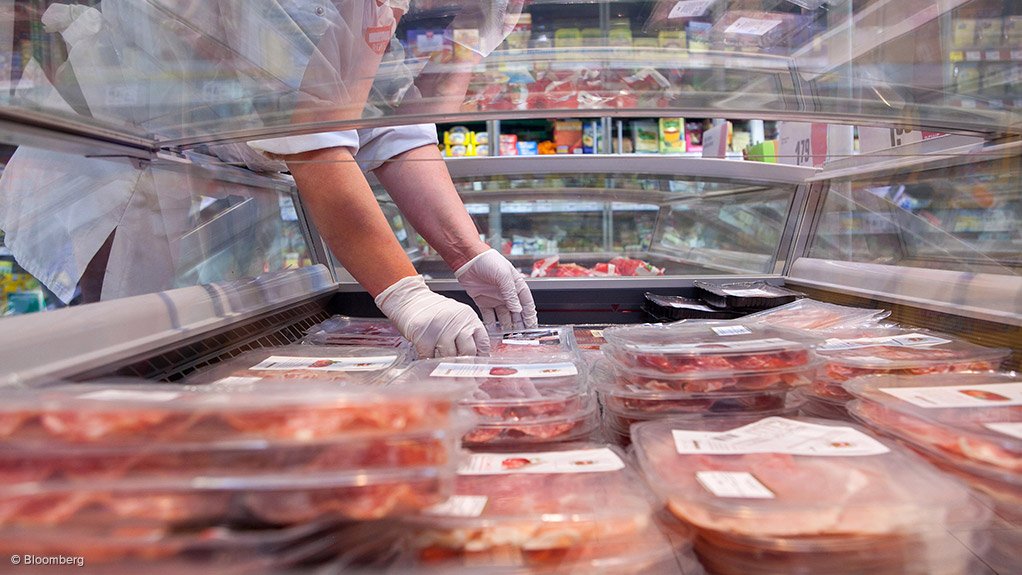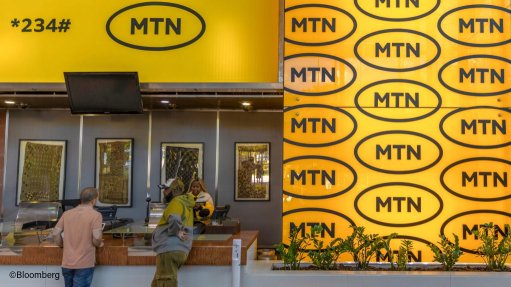AMIE bemoans costly inefficiencies for meat import permits following BMA changes
The Association of Meat Importers and Exporters (AMIE) has raised concern about the significant delays in the issuance of meat import removal permits, stating that the process used to take two days but is now taking between eight and nine days, following revised requirements by the Border Management Agency (BMA).
BMA introduced the requirements earlier this year. This includes that veterinary inspectors need to be present when the seal is broken on between 35% to 45% of containers prior to the requisite samples being taken by the authorities for testing.
However, the AMIE is calling for urgent intervention by either increasing the entity’s capacity for inspections or reverting to the previous system until adequate resources are in place to handle the increased workload.
The AMIE explains the requirement is supposed to be based on a transparent risk assessment, using objective criteria but, in practice, the measures are being applied unilaterally, without any indication given to importers on risk criteria being applied. This means companies importing vital food products are unable to manage their import strategies effectively, it states.
Earlier this year, the AMIE succeeded in an application which found that BMA may impose these revised measures but only following a proper risk assessment. The judgment also underscored the need for consistent, unified policies and standards across all ports to ensure trade can move swiftly and efficiently.
“As South Africa moves into the festive season, a critical time for trade, the resulting delays at major ports, particularly Durban, are creating unnecessary costs that consumers are ultimately forced to bear, as well as contributing to food inflation overall,” the AMIE states.
CEO Imameleng Mothebe adds that ports were already congested before the new measures were introduced.
"Government regulations undoubtedly play a vital role in ensuring the food sector operates fairly and sustainably, while safeguarding public health. However, when implemented without the necessary capacity to handle the regulatory burden, these measures can have disastrous unintended consequences,” she says.
She adds that implementing sweeping changes without increasing inspection capacity or conducting a proper risk assessment is having severe consequences for trade and food security. There is also currently no clear or consistent policy or standards that are being applied across the country’s ports, which is “deeply problematic”.
The AMIE adds that the current situation has also revealed gaps in coordination between key agencies, including the BMA and the South African Police Service (Saps), which need to be addressed.
For example, Saps stops a truck between the port and its destination, breaks container seals to inspect imported goods, only for BMA veterinary inspectors to reject those same goods because they find the seals already broken. This, despite evidence that the Saps broke the seal prior to BMA inspection.
This lack of coordination between agencies has further contributed to unnecessary delays, rejection of containers, driving up the cost of imports and, consequently, the prices consumers pay for essential goods.
"We urgently need a coordinated, collaborative and transparent approach to resolve these issues. Government and industry stakeholders must engage in meaningful dialogue to develop sustainable solutions based on transparent and standardised protocols across our ports, that balance regulatory imperatives with the realities of port operations," Mothebe says.
She adds that trade must be allowed to run smoothly and efficiently, especially during high-demand periods such as the festive season.
“While we support measures to ensure the health and safety of imported products, the lack of consistent standards and capacity at the BMA is impeding trade and burdening consumers."
Importers are paying the price in more ways than one, the AMIE notes, citing the example of food import companies now having to cover exorbitant demurrage and container storage costs. One company had to pay R325 000 in demurrage charges in just two weeks. For smaller importers, these additional charges could be crippling.
The knock-on effect is especially troubling for affordable protein products like polony, viennas and sausages, which rely on inputs from raw meat imports. Any further delays in processing these imports will have a direct impact on consumers, particularly those in low-income communities, the AMIE concludes.
Article Enquiry
Email Article
Save Article
Feedback
To advertise email advertising@creamermedia.co.za or click here
Comments
Announcements
What's On
Subscribe to improve your user experience...
Option 1 (equivalent of R125 a month):
Receive a weekly copy of Creamer Media's Engineering News & Mining Weekly magazine
(print copy for those in South Africa and e-magazine for those outside of South Africa)
Receive daily email newsletters
Access to full search results
Access archive of magazine back copies
Access to Projects in Progress
Access to ONE Research Report of your choice in PDF format
Option 2 (equivalent of R375 a month):
All benefits from Option 1
PLUS
Access to Creamer Media's Research Channel Africa for ALL Research Reports, in PDF format, on various industrial and mining sectors
including Electricity; Water; Energy Transition; Hydrogen; Roads, Rail and Ports; Coal; Gold; Platinum; Battery Metals; etc.
Already a subscriber?
Forgotten your password?
Receive weekly copy of Creamer Media's Engineering News & Mining Weekly magazine (print copy for those in South Africa and e-magazine for those outside of South Africa)
➕
Recieve daily email newsletters
➕
Access to full search results
➕
Access archive of magazine back copies
➕
Access to Projects in Progress
➕
Access to ONE Research Report of your choice in PDF format
RESEARCH CHANNEL AFRICA
R4500 (equivalent of R375 a month)
SUBSCRIBEAll benefits from Option 1
➕
Access to Creamer Media's Research Channel Africa for ALL Research Reports on various industrial and mining sectors, in PDF format, including on:
Electricity
➕
Water
➕
Energy Transition
➕
Hydrogen
➕
Roads, Rail and Ports
➕
Coal
➕
Gold
➕
Platinum
➕
Battery Metals
➕
etc.
Receive all benefits from Option 1 or Option 2 delivered to numerous people at your company
➕
Multiple User names and Passwords for simultaneous log-ins
➕
Intranet integration access to all in your organisation





















